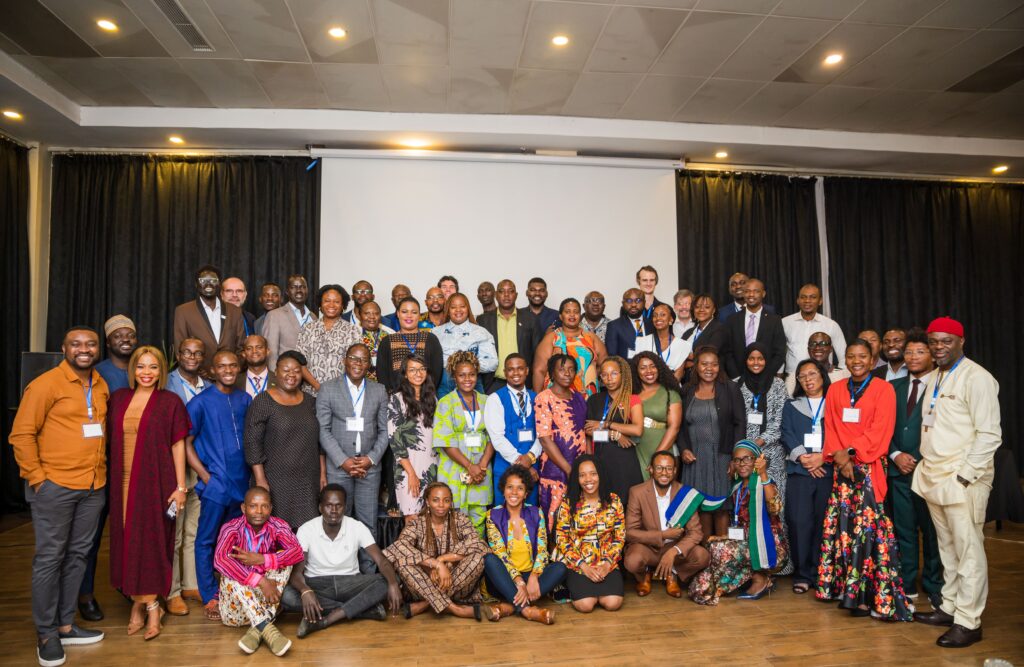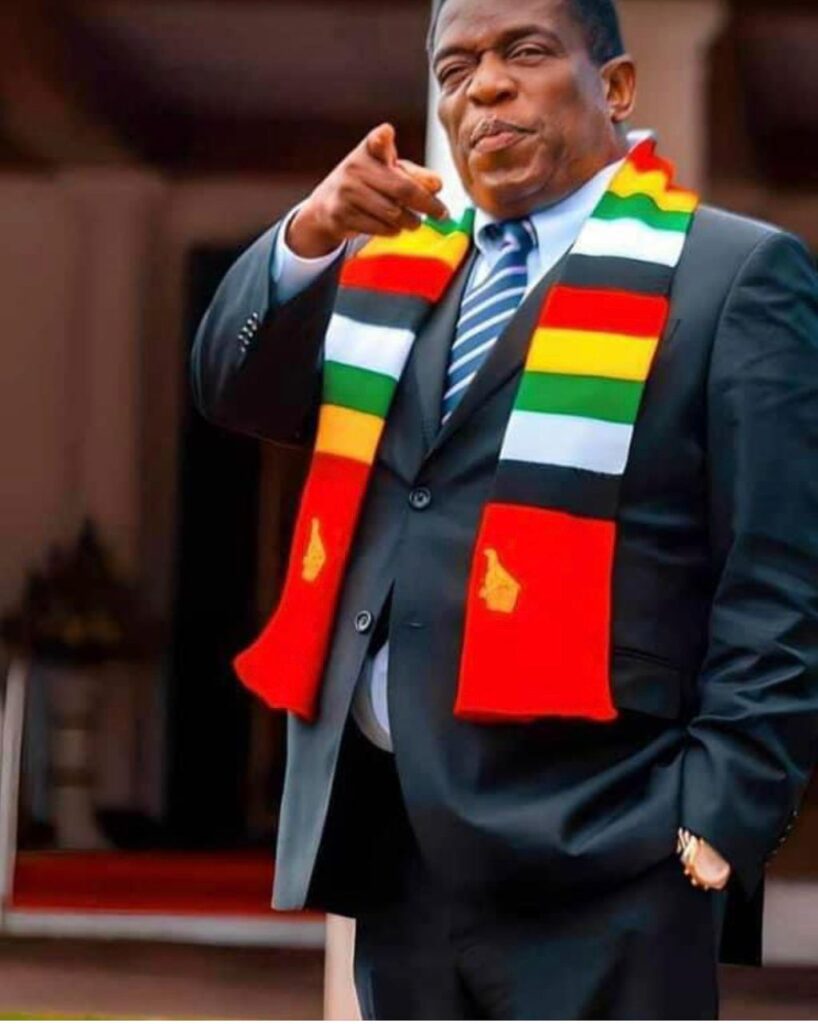At the Democracy Conference in Nairobi, Kenya, held on January 21 – 22, 2023, Nkasi Wodu and other panelists reiterated the need for strong civil society movements to strengthen Africa’s Democracy. The Conference, a component of the project on supporting civic engagement in Africa, which the United States Department of State funded, formally launched the Democracy Network (DEMNET), a network of civil society activists, journalists, and development professionals from ten African countries: Angola, DR Congo, Gabon, Kenya, Liberia, Madagascar, Nigeria, Sierra Leone, South Sudan, and Zimbabwe.
At the Panel, which was titled, Building and Supporting Nonviolent Social Movements and Networks to Promote Inclusive Elections and democratic reform, Nkasi Wodu emphasized that civil society organizations can strengthen democracy activism in their countries by leveraging technology to strengthen networks and a tool for disseminating information, being collaborative and combative strategically when dealing with the electoral body. He cited the example of the Partners for Peace Network (P4P), a network of grassroots movements in the Niger Delta established to address conflict drivers. He mentioned how access to a technological tool called the peacemap was instrumental to the network’s identification of conflict hotspots and designing mitigation interventions to address those hotspots. He emphasized that social movements at the continental level can promote democratic reforms by using similar tools to understand risks to stable democracies and designing interventions to address those risks.
Similarly, Ben Jones of the Carter Center discussed the importance of democratic movements and networks starting small and building networks gradually, clearly documenting agreements and TORs, leadership structures, agenda, using internal and external communication, and managing membership expectations, funding, and connections. Ben emphasized that civil society movements do not have to have a similar approach; the agenda and movement can be from different angles and the diversity of the movement.
Dr. Ndu Nwokolo of Nextier discussed the threats to democracy in Africa. These include the growing influence of the military and the interruption in civilian transitions, growing insecurity in African countries, and the politicization of electoral management bodies. He mentioned that these challenges cut across different countries and required strong transcontinental networks and movements to face.
Other panelists who spoke at different panels are Isaac Otieno-UNDP, Carsten Schurmann-IT University of Copenhagen, Felix Odhiambo-Executive Director, Electoral Law and Governance Institute for Africa (ELGIA), and Jackton Yonje- Director Voter of Training of the Independent, Electoral, and Boundaries Commission, Dr. Darren Kew.
The United States Funded project supporting civic engagement in Africa is jointly implemented by the Center for Peace, Democracy, and Development (University of Massachusetts, Boston), the Center for Democracy and Development, West Africa (CDD), and NexTier SPD.



